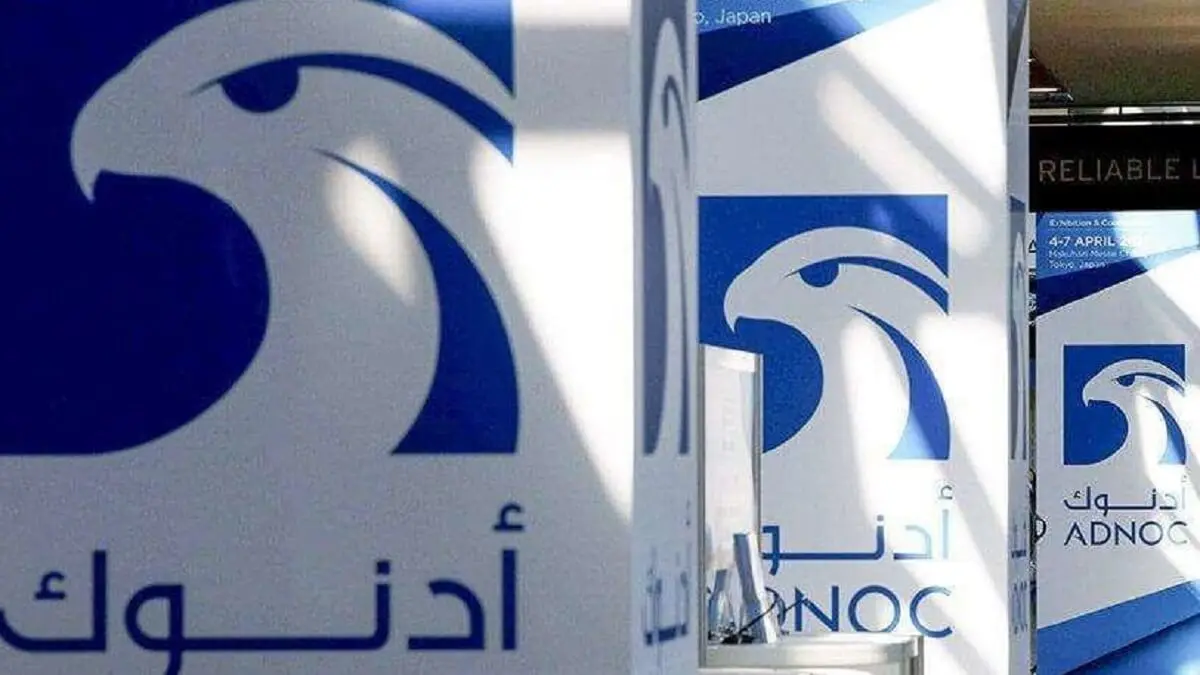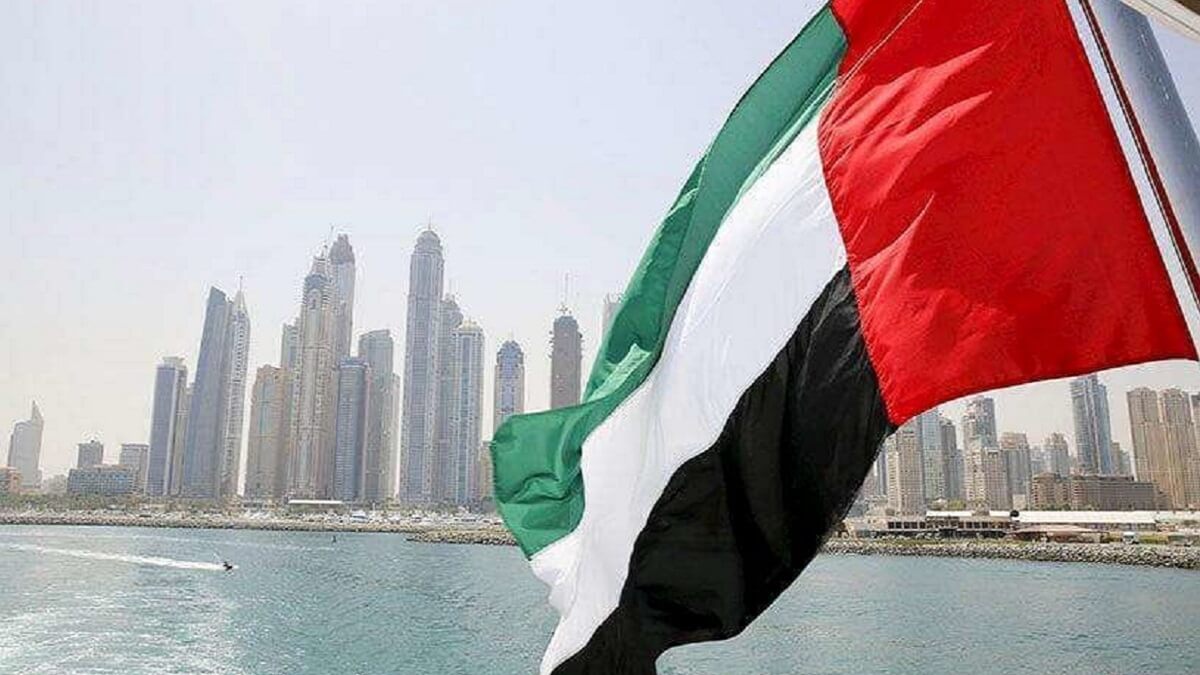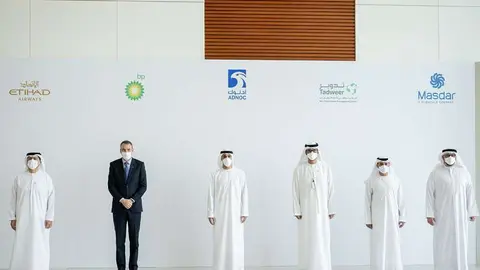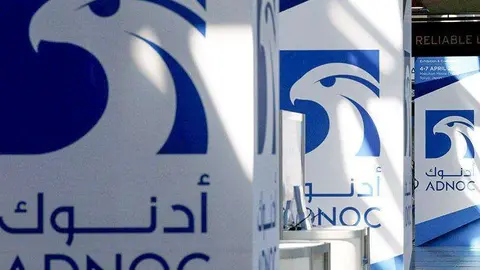Gulf conquers the Nile: Abu Dhabi increases its investment in Egyptian oil

In mid-February, the Abu Dhabi National Oil Company (ADNOC) signed a commercial agreement with British Petroleum (bp) to form a gas joint venture in Egypt. The Egyptian state, a major player in the oil and gas industry, will produce 79.5 million tonnes of oil wealth by 2022, comprising some 27.8 million tonnes of crude oil and condensates, 50.6 million tonnes of natural gas and 1.1 million tonnes of butane.
- ADNOC-bp joint venture, an example of a new strategic partnership
- ADNOC and bp, established players in the Egyptian oil sector
- Egypt's financial crisis
These significant figures are the result of industry modernisation efforts by the Ministry of Petroleum and Mineral Resources. In response to the current economic crisis, the Ministry has sought to make the Egyptian oil and gas sector more attractive to foreign investors.
The creation of the ADNOC-bp joint venture therefore comes at a time of proliferating investment in the Egyptian energy sector. The Egyptian authorities are actively working to expand their regional influence in the energy sector through strategic partnerships, partnerships that the UAE has been quick to exploit.
ADNOC-bp joint venture, an example of a new strategic partnership
The British and Emirati companies officially announced their commitment to create a new joint venture in Egypt in a press release issued by bp on 14 February. It reveals that the new joint venture will be 51 % owned by the first party (bp) and 49 % owned by the second party (ADNOC).
It should be noted that joint ventures, based on a commercial agreement, are created in order for two or more parties to pool their resources for the purpose of performing a specific task. This partnership has a number of advantages, such as the possibility to leverage the resources of both partners, to reduce project costs, to combine expertise and sometimes to penetrate foreign markets in partnership with a local company.
The main objective of the ADNOC-bp joint venture is to combine the deep technical capabilities and proven track record of both parties in order to develop a highly competitive gas portfolio. Under the terms of the agreement, UK-based bp will contribute its interests in three development concessions and exploration agreements in Egypt to the joint venture. ADNOC will make a proportional cash contribution that can be used for future growth opportunities.
These concessions include the 10 % bp interest in the Shorouk concession, which includes the producing Zohr field, operated by Belayim Petroleum Company (Petrobel), and the Damietta North concession, which includes the producing Atoll field and is operated by Pharaonic Petroleum Company. The project also includes 50 % of the Burj North concession, which includes the undeveloped Satis field, and the exploration concession in the Tabiya North and Bellatrix city areas, east and north of Turquoise.
The ADNOC-bp joint venture thus reinforces the broader strategic partnership in energy, renewables and carbon capture and storage technology, in addition to the relationship between the two companies in ADNOC's onshore concession in Abu Dhabi.
ADNOC's Executive Director of Low Carbon Solutions and International Growth, Musabbeh Al Kaabi, said: "This announcement represents an important step in building ADNOC's international natural gas portfolio. This progressive joint venture partnership will strengthen Egypt's energy security and the economic potential of the region's most populous Arab country."
Executive vice president of Regions, Business and Solutions at bp also commented on the new agreement. "This dynamic joint venture provides a platform for international growth that advances our long-standing strategic partnership with ADNOC, spanning more than five decades [...] we will continue to produce and supply the country with secure, low-carbon energy in the form of natural gas," says William Lin.
It should be recalled that the two British and Emirati companies are founding members of the Oil and Gas Decarbonisation Charter (OGDC), launched at COP28 in Dubai.
The joint venture, which should be inaugurated in the second half of this year, is in fact the second phase of cooperation between bp and ADNOC in the Eastern Mediterranean. According to Reuters, the first phase involved the joint purchase of a 50 % stake in Israeli gas producer NewMed. However, while talks on the deal continue, negotiations do not appear to have made much progress since the outbreak of the Israeli-Hamas war.

ADNOC and bp, established players in the Egyptian oil sector
British Petroleum has been operating in Egypt for almost 60 years, investing more than $35 billion, and is one of the main pillars of the country's energy industry. Today, bp produces 60% of Egypt's gas through two joint ventures in the east and west Nile Delta.
The British company's ambitions continue to grow. Recently, bp announced in a press release that it 'intends to drill four new natural gas exploration wells, two wells in the Raven field in the western Mediterranean and two wells in areas north of King Mario'. According to Al-Arab News, the Ministry of Petroleum and Mineral Resources added that "the total volume of investments that the company will inject in Egypt with its partners in the field of exploration and development of natural gas resources will reach about $3.5 billion over the next three years and should double if new discoveries are made". On 29 February, it also announced its intention to invest another $1.5 billion in the country's energy sector in the coming years.
ADNOC, for its part, currently has nine oil product marketing and distribution stations in operation, with an additional station due to open in April and a model station to be completed in October. In late February, Minister of Petroleum and Mineral Resources Tarek El Molla met with Bader Al Lamki, CEO of ADNOC Distribution. During the meeting, Tarek El Molla and Bader Al Lamki discussed the company's plans for further expansion in the marketing and distribution of petroleum products, particularly in Egypt. Bader Al Lamki also discussed the company's plans to expand its infrastructure investments and enter the field of aircraft refuelling in Egypt.

Egypt's financial crisis
Since the onset of the financial crisis, Abu Dhabi has supported Cairo by injecting direct investment focused primarily on raising capital in a number of areas. Egypt is currently suffering from a severe shortage of foreign exchange and is struggling to obtain sufficient financing from the International Monetary Fund (IMF).
The UAE recently released $35 billion to alleviate the country's financial crisis. The money will be invested in a vast development site on Egypt's northwestern Mediterranean coast to build a tourism and financial centre in the Ras al-Hekma region, reports The Financial Times. According to analysts, this investment could allow Egypt to unlock a long-standing agreement with the IMF for a loan package worth more than $10 billion.
On 7 February 2024, a Reuters article reminds us that Egypt is on watch for the devaluation of the pound sterling. Some analysts believe that the central bank's 200 basis point interest rate hike last week could indicate that a devaluation is underway.

According to Reuters, the Egyptian pound, pegged at 30.85 to the dollar since March, traded as high as 71 to the dollar on the black market earlier this month, but has since strengthened to around 60. The Gulf states' financial support is mainly motivated by fears of further destabilisation of the region should the Egyptian economy collapse.
However, the Egyptian government has put in place measures to cope with the situation. In the oil and gas sector, Cairo has adopted a new oil exploration strategy that has led to the discovery of 315 oil and 134 gas fields in the Western Sahara, the Mediterranean, the Sinai, the Delta and the Gulf of Suez. According to figures from the Ministry of Petroleum and Mineral Resources, during the last period, from October 2013 to February 2021, agreements were signed with a minimum total investment of around $18.1 billion in the exploration phases, with a commitment to drill a minimum of 515 exploration wells.
Although the joint venture will have to await regulatory approval before seeing the light of day, this step demonstrates the growing ambition of the UAE, through ADNOC, to carve out a niche in the Egyptian oil and gas market. Through its investments, the Emirati company is striving to expand overseas in order to add value to its business and generate higher profits.










